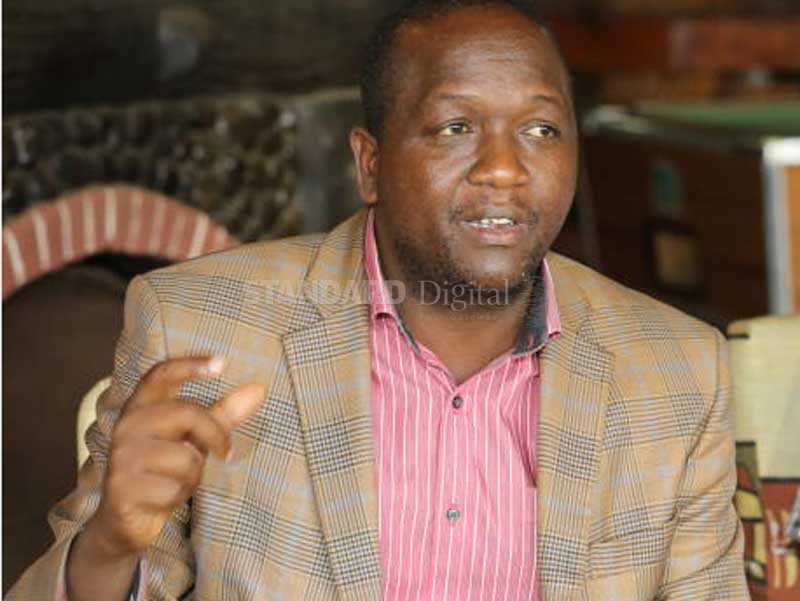×
The Standard e-Paper
Kenya’s Boldest Voice

A draft bill seeks to radically alter the country's governance structure to hand Parliament the powers to elect a ceremonial one-term President.
It proposes creation of the position of an executive Prime Minister as head of government, scraps that of the Deputy President and establishes two Deputy Prime Ministers.